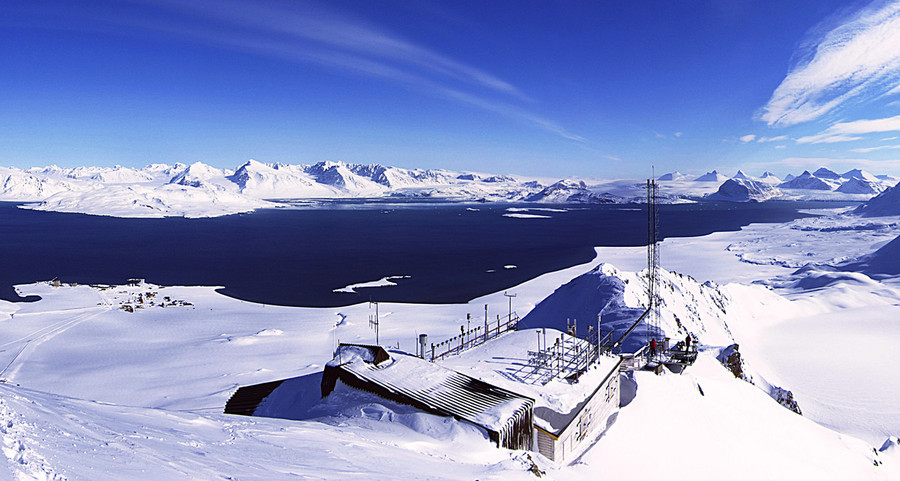The ICENIL consortium will be involved in implementation of ecological energy technologies and reduction of chemical hazards which result from industrial plants' improper management of toxic substances and waste. The consortium comprises the International Centre for Chemical Safety and Security (ICCSS), the Norwegian Institute for Air Research (NILU), the NILU Poland and the AGH University of Science and Technology's Centre of Energy.
ICENIL combines the international, institutional experience and thus creates a specialized platform for analysis and research. Ground-breaking research and computational techniques will be utilised, including space-based environmental pollution analysis (satellite monitoring) as well as climate and weather numerical modelling complemented with cutting-edge laboratory apparatuses.
In its activities ICENIL will focus on environmental and socio-economic analyses of proposed technologies. The observatories based in Antarctica, the Arctic and Norway, which continually analyse the global climate change and movement directions of toxic substances are used for the ICENIL studies. Active monitoring of emissions as well as of chemical substances and waste management translates into increased efficiency of ecological investments. This, in consequence leads to costs reduction. - says Ambassador Krzysztof Paturej, President of the International Centre for Chemical Safety and Security and the project coordinator.
On a global scale in 2015, poor management of toxic and chemical substances resulted in a series of major accidents and environmental contaminations. In December in south of China's Shenzhen there was a landslide - millions of tons of toxic waste were mixed with mud. The landslide covered nearly 400 thousand square meters of land which caused destruction of houses and factories. The Chinese authorities indicated that the tragedy was caused by excessively large heap of waste 1 .
A few months earlier in Tianjin, China, 700 tons of highly poisonous sodium cyanide exploded. The substance storage is reported to exceed 70 times the permitted amount. The blast was equivalent of 24 tons of TNT detonation. As the result of the tragedies, hundreds of people were injured, thousands were evacuated.
Through the International Centre for Chemical Safety and Security (ICCSS), ICENIL constantly analyses the situation in China in terms of chemical hazards and actively cooperates with China Petroleum and Chemical Industry Federation (CPCIF). 2016 marks the beginning of the pilot Polish-Chinese Local Awareness Program designed to increase chemical safety and security in China.
Poland chemical safety and security level also requires attention. Only last year, there was a series of serious groundwater pollutions ( including the Vistula river 3 , the Warta river 4 and Główna river 5 in Poznan) which resulted from improper disposal of chemicals and waste.
Hazardous materials storage is in a position closely analogous to that described above. In Lubuskie Province there was a fire at the waste separation facilities. The toxic smoke spread over the area as the result. A similar situation was observed in Lublin province, where 1,200-ton tyre-storage burnt down .In both cases the toxic substances concentration in the air was so high that residents were instructed not to leave homes.
According to the World Health Organization (WHO), every year 7 million people in the world die because of air poisoning. Poland accounts for 45,000 deaths. 8 .
The Karcze landfill (Podlasie Province) is an urgent problem. The waste has been land-filled for years without proper safety measures and rendering harmless. Every day the landfill facility admits up to 50 times more harmful materials than provided by applicable laws: e.g. it is as much as 500 tons instead of 10. This malpractice results in a lack of appropriate supervision over the materials and excessive environment poisoning.
Many chemicals disasters and environment pollutions might have been avoided if there had been relevant procedures and adequate supervision - says Andrzej Jagusiewicz PhD, the ICCSS' Eco-Safety Director and the former Chief Inspector for Environmental Protection. Mr Jagusiewicz observes that in the era of globalization and rapid industrialization, chemical safety and security becomes as important as environmental safety.

